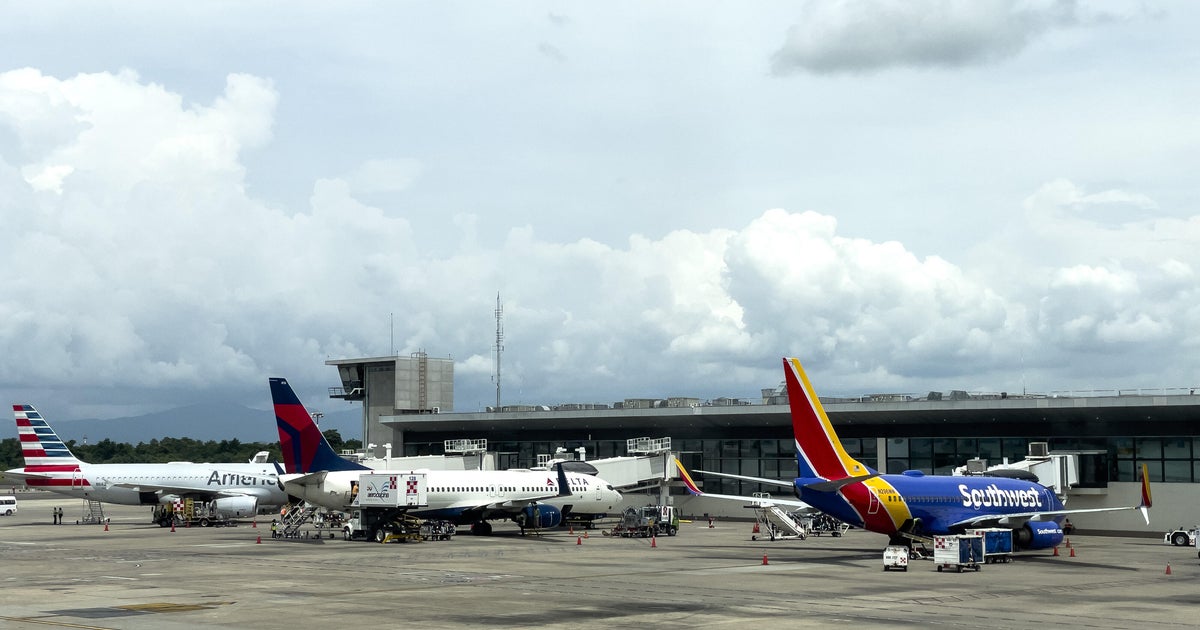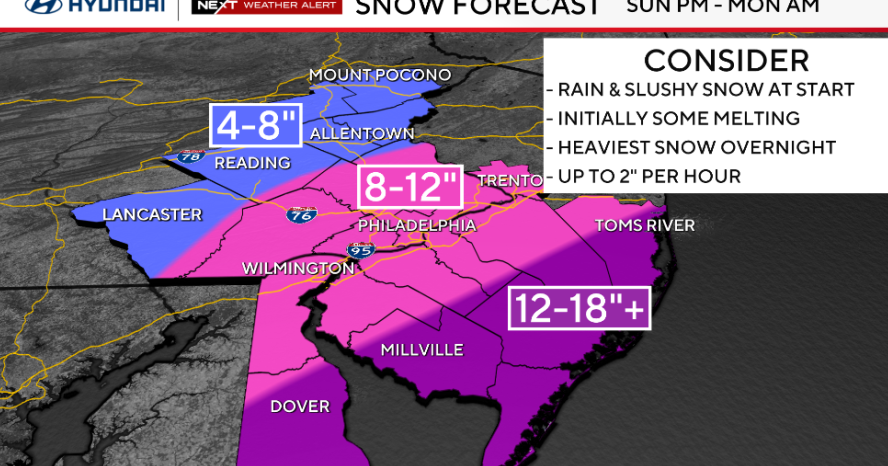How U.S. Coast Guard's agile Blackjack unit intercepts threats in D.C. sky
The airspace above the nation's capital and the area surrounding Washington, D.C. is the most restricted in the nation. The U.S. Coast Guard is responsible for intercepting any potential threats that may appear in the sky.
CBS News correspondent Jeff Pegues and his team spent an afternoon riding with the Blackjack unit that responds at a moment's notice. The helicopter crews have a matter of minutes to get into the air and intercept a plane that has breached restricted airspace over Washington, D.C.
Cmdr. Zachary Matthews says on average, his unit chases an aircraft a few times a week. The most challenging part of the job, he said, was "you're scrambling out of here to fly directly at an aircraft to intercept them, sometimes in the dark."
There are two restricted flight zones around D.C.: a 30-mile radius and then a severely restricted 15-mile ring encircling the White House. Any aircraft in this area must be known and be communicating with air traffic control. If not, Coast Guard crews are scrambled to challenge the plane and force it out of the airspace.
We flew on a training mission just south of Washington. Our target? A plane deemed a possible threat.
A Coast Guard helicopter drops down within feet of the plane and flashes warning signs – all to get the pilot's attention. The Coast Guard crew reports what it sees to North American Aerospace Defense Command, or NORAD.
In this case, the training aircraft complied.
In 1994, before the flight restrictions were put in place, a man piloting a stolen plane crashed on the South Lawn of the White House. Then on 9/11, terrorists crashed a 757 into the Pentagon. It forced U.S. officials to re-imagine how to protect Washington from airborne threats.
Those plans were again put to the test in 2015 when a man landed a gyrocopter on the Capitol Hill lawn. U.S. officials acknowledged failures in that case and the Coast Guard admits that their job in the skies relies on its airmen and women being able to adjust.
"What is the most important attribute that you look for?" Pegues asked.
"Agility, to be nimble. You never know what you're going to see once you get airborne," Matthews said.
The helicopters are not armed, so if directions aren't followed, NORAD could scramble Air Force jets to neutralize a threat. It is one scenario that they haven't seen yet but that's what they train for.
"We have to bring our A game we have to be 100 percent ready at all times, and the men and woman of this unit are always ready," Matthews said.
Drones have become the latest high-tech threat the coast has to factor into their flight plans in these helicopters. Because drone technology is still emerging, the Coast Guard has to learn and evolve to counter it.



